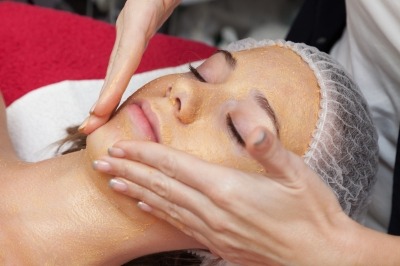
Sebacia is focused on creating advanced topical therapies for the treatment of dermatological conditions, with a primary focus on a procedure-based acne treatment.
The company presented the results were presented at the event American Academy of Dermatology (AAD) 2019 Annual Meeting in multiple oral presentations.
Board-certified dermatologist at Miami Dermatology and Laser Institute and Sebacia US clinical trial investigator Jill S. Waibel, along with board-certified dermatologist at New York Laser & Skin Care Arielle N.B. Kauvar has presented the study results at the event.
Most commonly a topical retinoid is prescribed as first-line acne medication for patients with mild to moderate inflammatory facial acne.
In its Europe registry study, Sebacia has prescribed a 2-4 week course of topical retinoid + benzoyl peroxide followed by three weekly in-office treatments of Sebacia Microparticles.
The company said that the ongoing registry study is conducted at nine non-academic clinical practices in Europe and has enrolled 76 patients. The study has showed a clinically significant effect of the combination treatment on long term acne outcomes and acne medication usage.
The study in the Europe has revealed important results that include the mean acne inflammatory lesion count (ILC) improvement of 85% from baseline at 12 months and 56% of patients free of acne medications.
The mean ILC improvement at 6 months was 74% from baseline, with 70% of patients free of acne medications and 67% of patients had an Investigator Global Assessment score of clear or almost clear at 12 months, showing an improvement from 63% of patients at 6 months.
Waibel said: “These data demonstrate the robust, long-term clinical effectiveness of Sebacia Microparticles in acne patients out to a year, supporting the addition of this important topical and localized treatment to our poly-therapeutic approach to managing acne.
“Sebacia Microparticles represents an innovative new in-office treatment for patients with mild to moderate acne, especially as it may help avoid progression to second- and third-line treatments, including systemic acne medications.”
In 2018, Sebacia Microparticles was cleared by the US Food and Drug Administration (FDA) for use as an accessory to 1064nm lasers to facilitate photo thermal heating of sebaceous glands for the treatment of mild to moderate inflammatory acne vulgaris.
The company said that its Sebacia Microparticles selectively targets the sebaceous glands to treat acne at the source and offers an innovative approach to acne therapy.
Sebacia CEO Anthony Lando said: “We are very pleased with the results of our European real-world study as it will help dermatologists understand how Sebacia Microparticles can be integrated into their treatment algorithm for treating acne. We look forward to engaging with the dermatology community at AAD and making Sebacia Microparticles available to US physicians via our commercial launch in mid-2019.”






